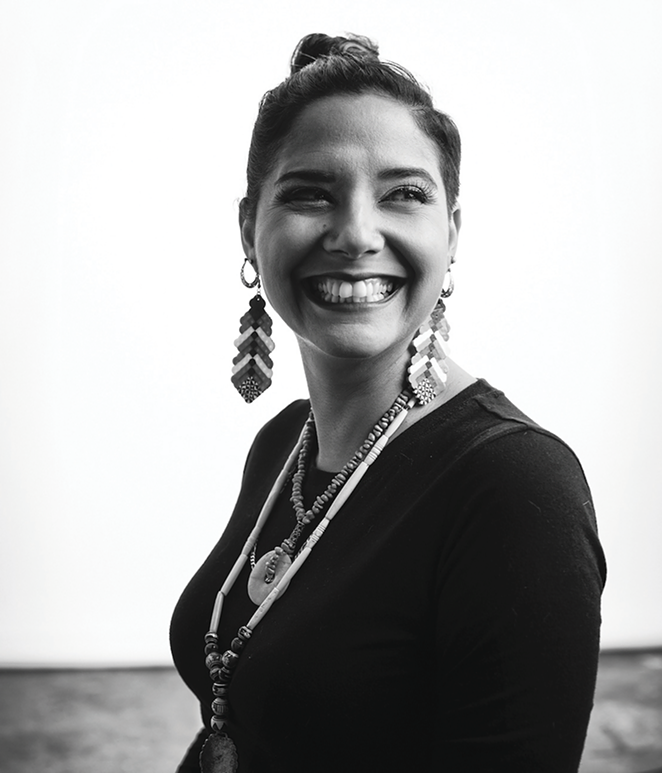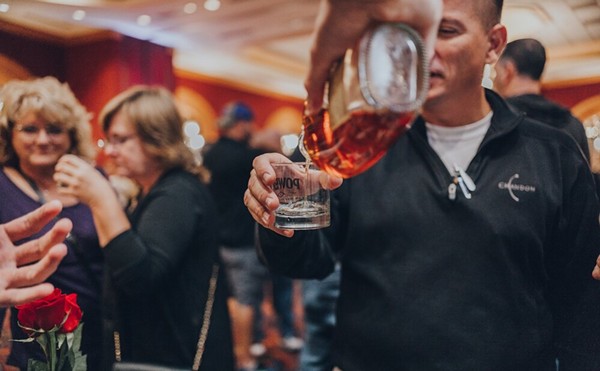In the era of 24/7 news coverage, it’s easier than ever to feel increasingly helpless and burned out by political updates and coverage. But your food choices — how you shop, what you eat — is one political act that allows you to reclaim that power.
San Antonio’s food deserts — areas that lack accessible and affordable healthy foods — have contributed to generations of health issues, high obesity and diabetes rates, but new voices and resources have emerged to help people, especially those in historically marginalized communities, reclaim that power — one plant and one bite at a time.
Southwest Workers Union (SWU), Roots of Change
The Southwest Workers Union (SWU) is an organization dedicated to justice, education and sustainability for low-income individuals and their families. Its nonprofit group, Roots of Change, invites locals to become an active part of its collective garden, learn to grow and cook healthy foods and better understand how plants can strengthen or heal communities. To learn more about Roots of Change, visit rootsofchangecoop.org, 1416 E. Commerce St, (210) 299-2666. Join the group in the garden for their weekly work days — open to potential and current members — 4-7pm Wednesdays.
Beto De Leon, SWU Environmental Justice Coordinator
At SWU and Roots of Change, “the way we’ve talked about food justice is to build more gardens and build relationships with the land,” Beto De Leon said. “I live in the West Side, and we have a really hard time to access organic, healthy foods — we usually have hot Cheetos or beer pushed at us.”
Areas like the West Side lack access to stores with organic produce, “because they aren’t usually thought of as important to communities of color,” De Leon said. “But there’s a power, an autonomy, in understanding where [our] foods are coming from.”
Suzy González, Artist
For San Antonio-based artist and activist Suzy González, meaningful change can begin with an uncomfortable conversation. As a 2018 NALAC fellow, co-founder of Yes Ma’am Zine and the Dos Mestizx collective, González has helped to further important conversations surrounding food justice, health and socio-political needs for historically marginalized communities.
González uses everything — from highway underpasses to corn husks and other organic materials — as potential canvases for her work. “There has historically been a class divide where food and health are concerned,” she said. “How are we supposed to build activist movements — create real change — if we’re all sick?
Rebel Mariposa, Owner, La Botánica
“From a business perspective, when you talk about food justice there’s a lot of people — and chefs — that get offended because [food justice] feels like a threat to the meat and dairy [in their lifestyle],” Rebel said. “I get it and understand. I don’t want to deprive anyone of a livelihood, but I think talking about it is part of our education. We need to understand what consumers have access to — that goes for businesses, educators and the city council.
“There’s things happening in Portland, Denver and California; the demand for cleaner, better food is coming from the consumer,” she said. “San Antonio is still a couple of decades behind [other cities] in terms of what we demand, but food justice is essential to finding that vision of where we’re going.”















